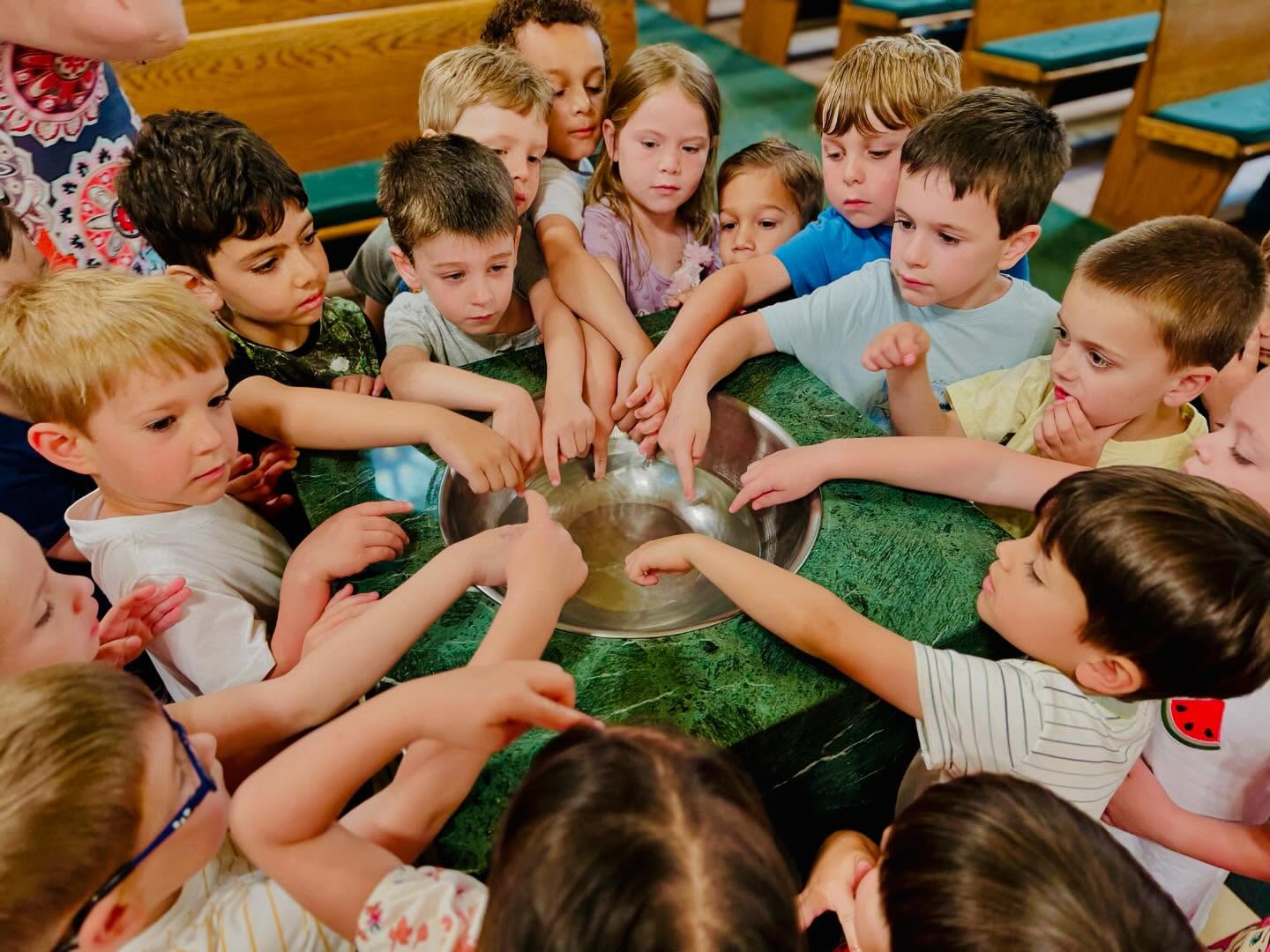Pe. Daniel Ribeiro, SCJ
This Sunday we celebrate the Solemnity of the Most Holy Trinity. We can say that the Trinity is the House of love. Through it love overflows, the world made flesh and made His dwelling among us and the human being is created us in the image and likeness of God’s love. However, due to his natural limitations and because he freely sinned, he lived partially distant from the Trinitarian communion. Even so, God did not abandon him, manifesting His grace to him in different ways until redemption was fully accomplished in the salvific life of Jesus Christ. In today’s Gospel, Jesus promises that He will send the Holy Spirit to teach us all the truth. This shows that we cannot have access to the fullness of truth nor know ourselves deeply without the help of the Trinity. This is because the human being is not self-referential. Creation and its existence are incomprehensible without the Trinity: “the mystery at its highest level, the mystery par excellence” (Cardinal Joseph Ratzinger). Based on Scripture and the Tradition of the Church, this mystery can be called “love.” Since he who loves must love something or someone, the very logic of love demands that – in divine life – there be plurality, authority, communication, reciprocity, that is, it is not just a gift of oneself, like a mirror that reflects its own image, but rather a gift in itself that, like glass, allows the ray of light to pass through it.
The Trinitarian relationship is guided by love, which unites the divine persons, embracing them completely in a movement of reciprocity, in which none of them keeps anything for themselves, is traditionally known as “perichoresis”: from Greek: περιχώρησις perikhōrēsis, “rotation” is the relationship of the three persons of the triune God (Father, Son, and Holy Spirit) to one another. We can partially undestand it by using the term -House of Love. Although the term is not common, the relationship between the divine persons can be compared to the welcoming and dynamic nature of a house, the House of Love. From this reality, it is possible to understand that the Father is determined by himself and by the relationship with the Son and the Holy Spirit: the Son and the Spirit, in turn, are determined by the Father and characterized by their relationship with Him (J. Moltmann). Although the three Trinitarian Persons are different, They are inseparable.
Being personal and unifying, divine love – eternal, infinite, perfect – is not closed and selfish, but becomes visible. Proof of this is the creative and dynamic capacity of the Holy Spirit that leads the House of Love to come out of Himself. It is He who gives rise to other differences. In other words, He is “the opening of divine communion to that which is not divine (…) He is the ecstasy of God to His other: the creature” (Bruno Forte). Thus, God, who interacts lovingly in an immanent (interior) way, is a source of shared life, which does not close in on itself. This act of sharing and overflowing of divine love occurs in the act of creation. The Fathers of the Church even affirm that this Trinitarian work of creation can be seen in the desire and initiative of the Father, being carried out by the Son and having its dynamism and beauty as the work of the Holy Spirit. Analogously, it is as if the Father were the architect, the Son the executor, the mason, and the Holy Spirit the designer.
The Trinitarian work continues to be present in History. In the Old Testament, we see the more specific action of the Father sending and raising up the mission of the prophets. At the beginning of the New Testament, the Son becomes human to redeem Humanity and bring the full revelation of God. After His Ascension, at Pentecost, as we celebrated last Sunday, we begin the time of the Holy Spirit, where the Church is sent into the world with the mission of evangelizing and protecting the deposit of faith, revealed in its fullness by the Son.
Everything makes sense in our lives when we realize that our salvation will also come about through the action of the three divine Persons. We come from the Father and we will return to the Father. Naturally, following Him and becoming like Him is something demanding. For this, we have the Holy Spirit, love between the Father and the Son, who through His gifts and charisms will lead us to the knowledge of all truth and sustain us in the most challenging moments.
Let us pray that we may become like glass and allow the Holy Spirit of God to enter our hearts; and then illuminate the Love of God that is already within us.


 Follow
Follow


